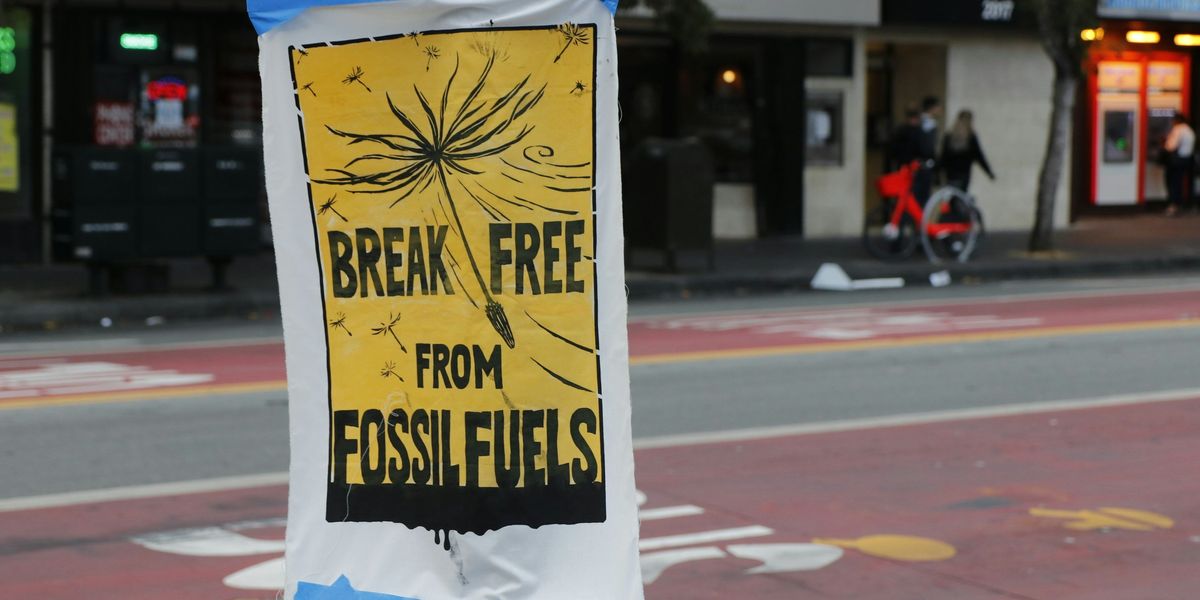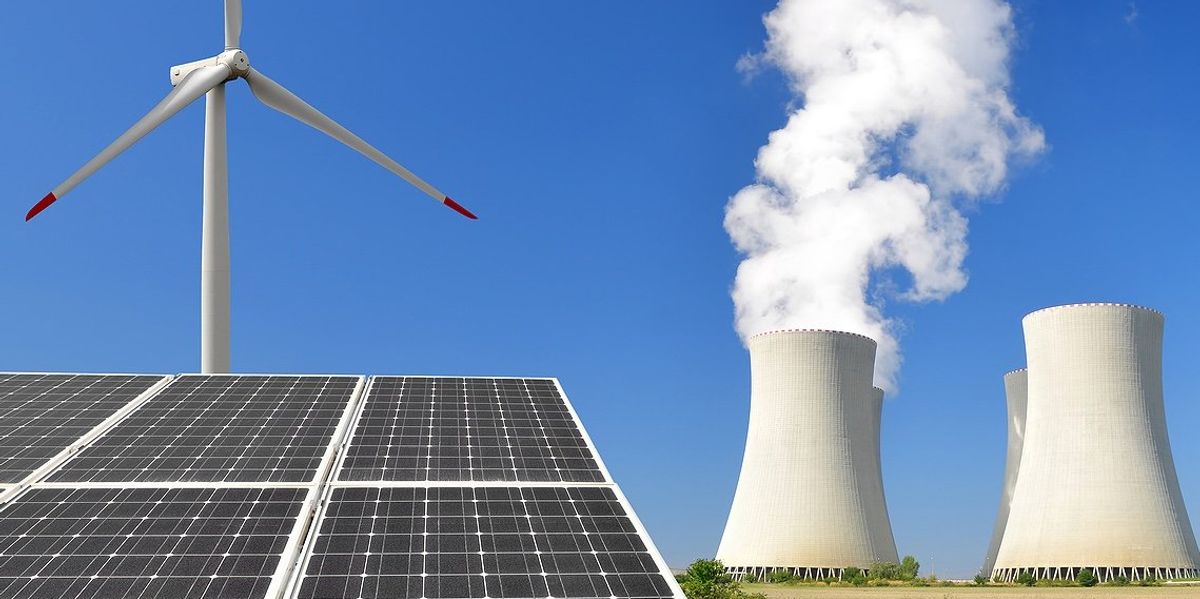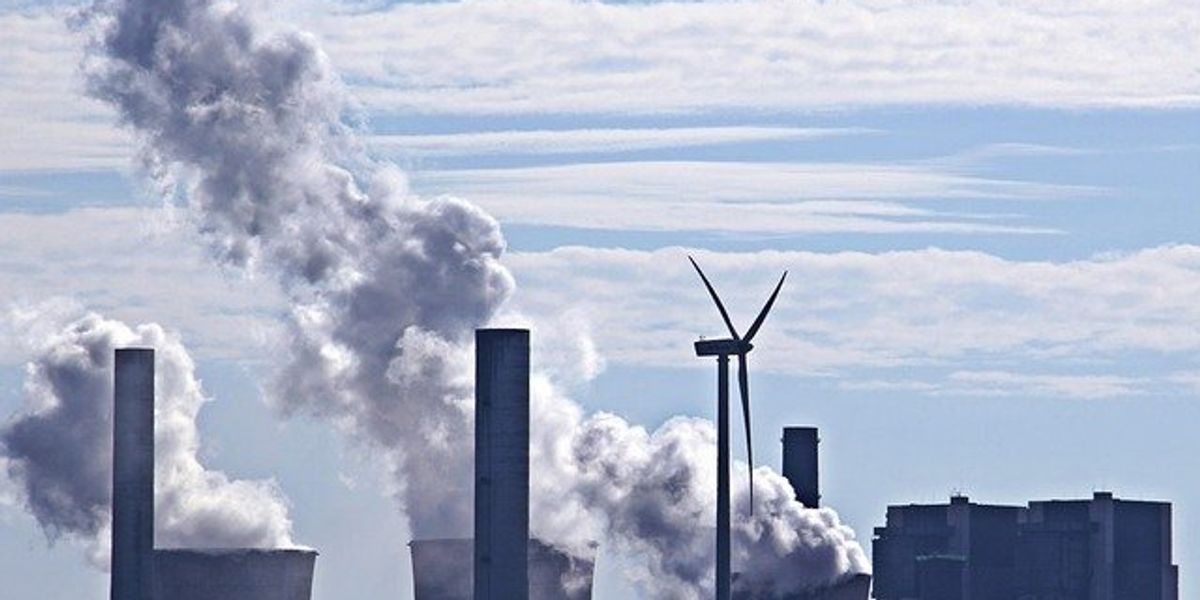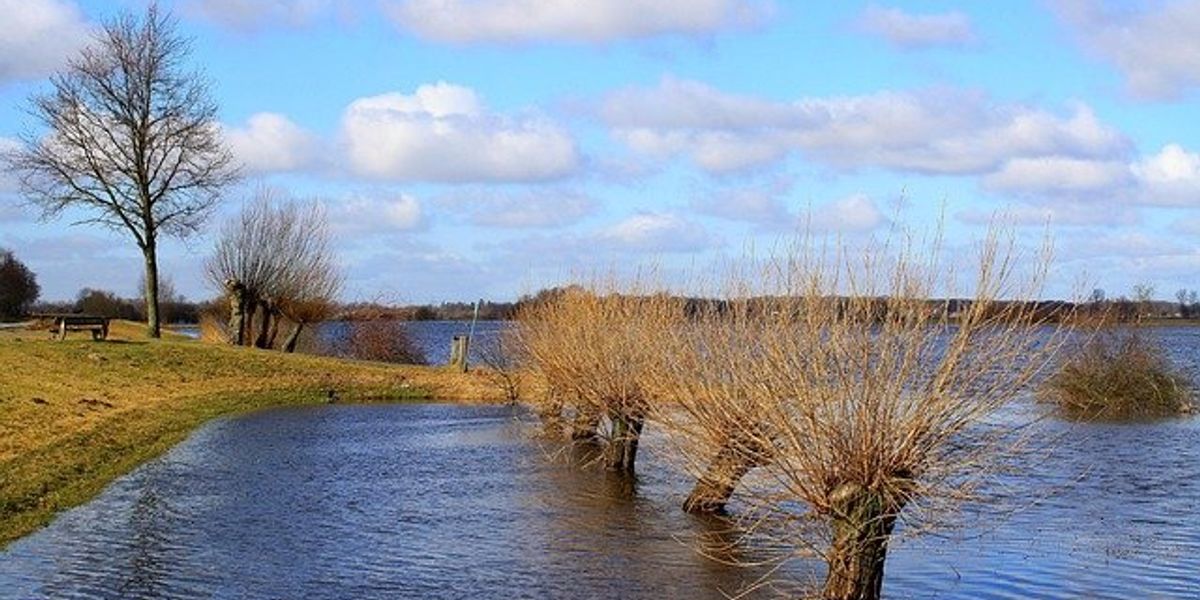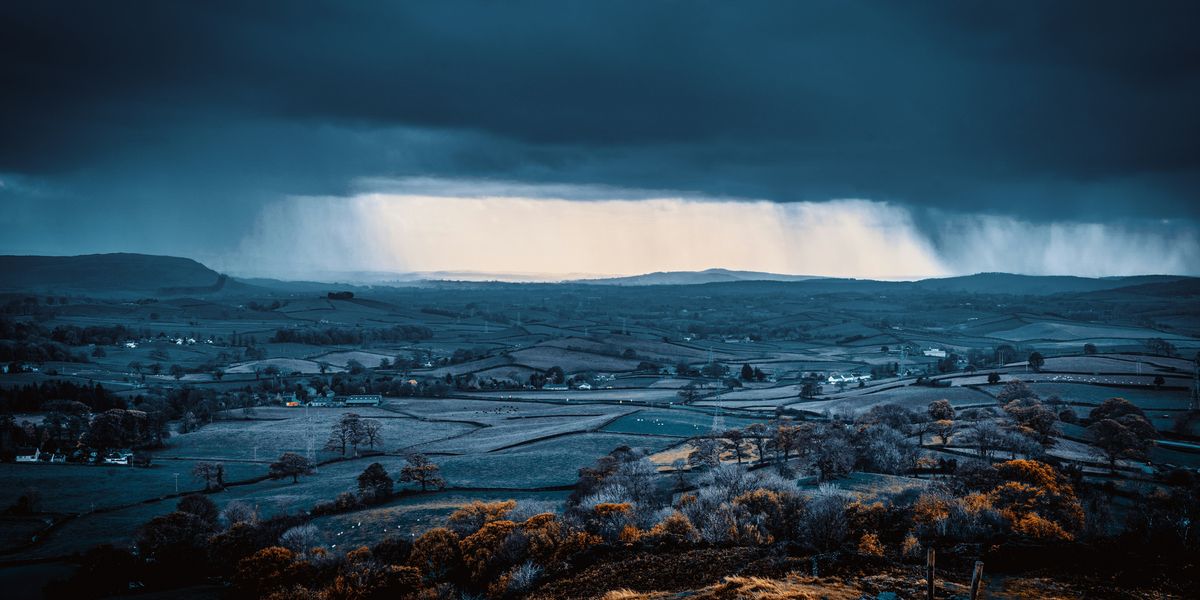
Credit: Jasper Nance/Flickr
16 October 2024
Climate change reshapes the future of ocean plankton with uncertain impacts
As climate change heats up and acidifies the world's oceans, plankton species crucial to marine ecosystems and carbon capture face an uncertain future.
Nicola Jones reports for Yale Environment 360.
In short:
- Plankton, the foundation of the ocean food chain, are shifting in abundance and species diversity due to warming and more acidic waters.
- New NASA technologies and old-school ocean surveys are helping scientists track these changes, but large knowledge gaps remain.
- Plankton species critical for carbon capture may decline, while others, like toxin-producing plankton, could thrive in warmer seas.
Key quote:
“We’re headed into an ocean and, for that matter, a world that we’re not going to recognize because it’s changing so fundamentally.”
— David Hutchins, marine microbiologist, University of Southern California
Why this matters:
Plankton might be tiny, but their role in the ocean is colossal. Changes in plankton populations could disrupt global food chains, affect marine biodiversity, and reduce the ocean’s ability to capture carbon, influencing climate and human health on a massive scale. Read more: Bedlam on the beach.


